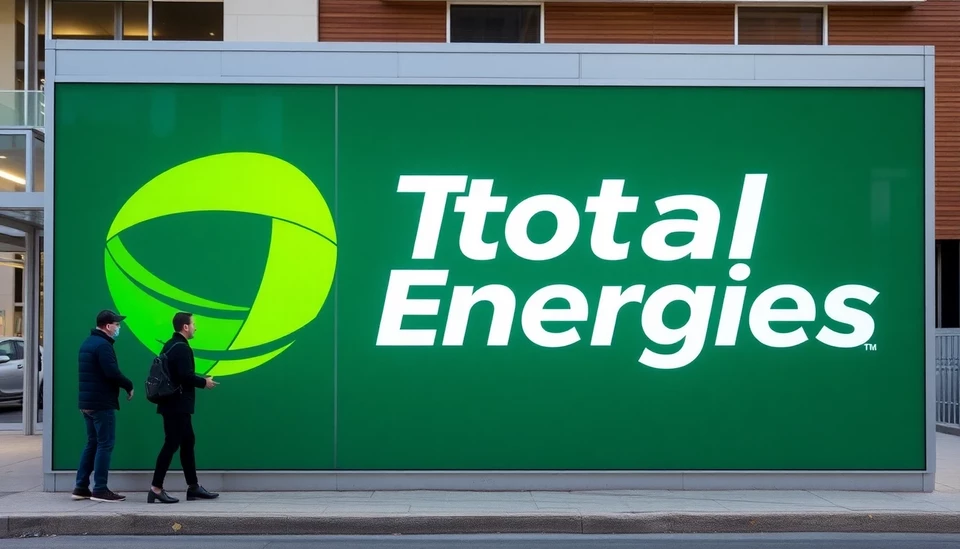
In a significant move aimed at curbing the deceptive marketing practices prevalent in the energy sector, the UK’s Advertising Standards Authority (ASA) has issued a ban on an advertisement by TotalEnergies. The ruling comes as part of a larger crackdown on misleading environmental claims that many companies have been accused of, especially in the wake of increasing scrutiny over their sustainability efforts.
TotalEnergies, a major player in the global energy market, faced backlash for promoting its contributions to renewable energy while simultaneously engaging in extensive fossil fuel operations. The ASA's decision to ban this advertisement underscores a growing concern regarding “greenwashing” — the practice where corporations spend more time and resources on advertising themselves as environmentally friendly than on minimizing their actual environmental impact.
The ASA deemed the ad in question to be misleading, arguing that it presented an overly optimistic view of TotalEnergies' commitment to sustainability. Specifically, the regulator highlighted that the ad failed to adequately disclose the company's ongoing investments in oil and gas extraction, which continue to account for a substantial share of its operations. In its assessment, the ASA emphasized the importance of transparency and authenticity in advertising, particularly in regard to environmental claims.
This ruling follows a growing trend in the UK and globally to increase accountability among businesses claiming to contribute positively to climate change solutions. The decision is part of a broader mission to encourage companies to be truthful regarding their environmental impact and to deter practices that might mislead consumers who are increasingly eco-conscious. By banning TotalEnergies' advertisement, the ASA is also sending a clear message to other corporations: there are consequences for misleading environmental marketing.
The impact of such regulatory actions could reshape how companies communicate their environmental efforts. Experts suggest that businesses will need to navigate the line between promoting their advances in sustainability while remaining transparent about their ongoing traditional practices. As a result, companies may need to rethink their marketing strategies to ensure compliance not just with regulatory standards but also with the expectations of an increasingly informed and skeptical consumer base.
As environmental concerns escalate worldwide, the focus on corporate responsibility shines brightly. The UK's commitment to tackling greenwashing reflects a rigorous stance toward ensuring that sustainability claims are not merely a marketing strategy, but rather a reflection of genuine corporate practices. The ASA's efforts signify an important shift in regulatory oversight that could set a precedent for future advertising standards both in the UK and beyond.
As the world moves further into the age of climate awareness, there is little doubt the implications of this ruling will resonate throughout the corporate landscape, compelling firms to adopt more honest and robust approaches to their sustainability narratives.
In summary, the ASA’s ban on TotalEnergies’ advertisement represents an impactful stride towards fighting greenwashing and promoting truthful representation of environmental efforts by companies. It signifies a serious commitment to transparency in the energy sector and a proactive approach in the fight against misleading advertisements.
#TotalEnergies #Greenwashing #AdBan #Sustainability #UKRegulation #AdvertisingStandards #EnvironmentalImpact #CorporateResponsibility
Author: Megan Clarke




